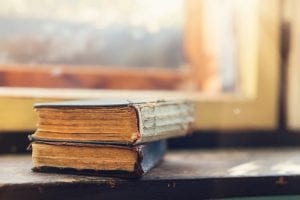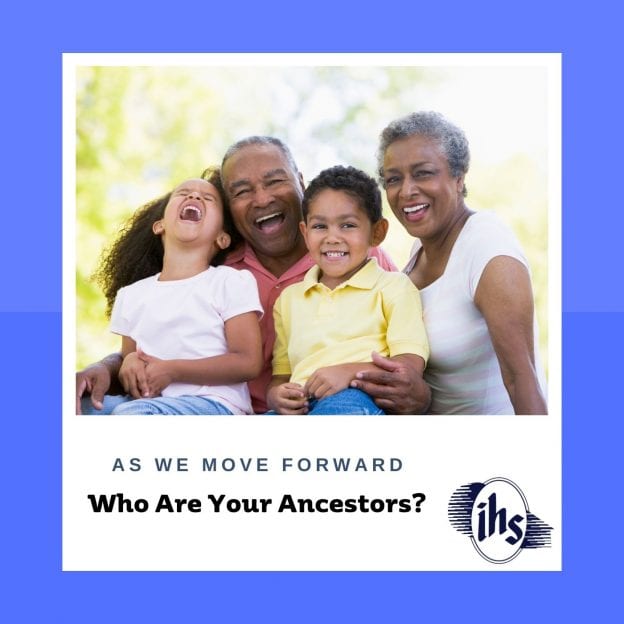
At some point in our lives, we become aware of the facts of our background. Depending on our family and their attitude toward these facts, there may be a lot or only a little we learn. Depending on the community we live in, these facts may be emphasized. I remember my surprise at learning someone in my class had the same middle name as the name of our local hospital. I remember being very impressed that one of his recent ancestors was the person for whom the hospital was named.
I have known several people over the years who could trace their ancestry to someone who was a significant person in history. My wife’s family numbers Samuel Clemens, Mark Twain as an ancestor. I have known people who could trace lineage to groups like the Daughters of the American Revolution. I think I might also have known someone who could trace their ancestry to the Mayflower.
Tracing ancestry has become easier and more popular in recent years. Organizations that make records readily available, especially as they have become increasingly digitized, opened many more sources of tracing lineage and relationships over hundreds of years. One of the latest breakthroughs, DNA comparison has seemingly made it even easier to discover many additional facts about our ancestry and physical relationships. It will be fascinating to determine where these developments take us in the years to come.
We can broaden the concept of ancestry to encompass educational, vocational, and professional “ancestors” who contributed in some meaningful ways to who we have become. I think this is as significant and meaningful as physical ancestors. I am indebted to many people who have gone before me in many areas of life who have contributed to who I am today as meaningfully and significantly as if we shared DNA.
We seem to be living in a time when the whole concept of ancestry seems at times to be turned around. Sometimes it seems there is moment-to-moment changes in what is good in ancestry and what is not. This can make it confusing if not risky to search out our particular ancestry. I believe that we should be proud of our ancestry, both physical and educational/professional. So many things have gone into making us who we are. Each is significant and important.

As we move forward, we should eagerly look at our ancestry—all the things that have gone into helping us become who we are. We are incredibly complex in so many ways. Ancestry is part of what makes us each unique as individuals. The more we discover about this, the better we can understand and evaluate who we are. This can be extremely valuable in seeing where we are and planning for where we would like to be.
As we move forward, this knowledge can also help us be useful to others in our lives as they examine their own ancestry. May we find this journey exciting and rewarding.

